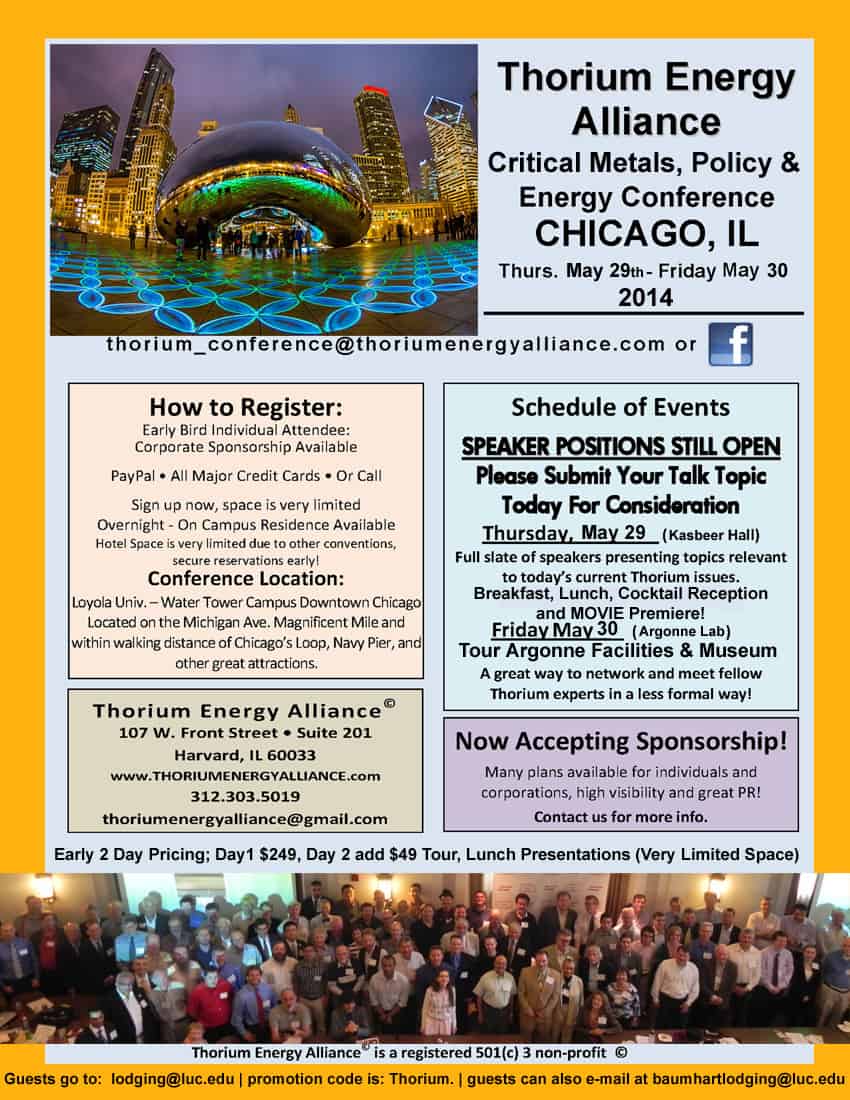Don’t allow EPA to use “modernize” as euphemism for “tighten”
On February 3, 2014, The Hill Ballot Box blog published a call to action for nuclear energy and medical radiation therapy professionals titled EPA seeks to modernize nuclear standards. The EPA says it has not changed its radiation protection standards since the 1970s. Radiation health researchers would probably agree that there is a need to…

